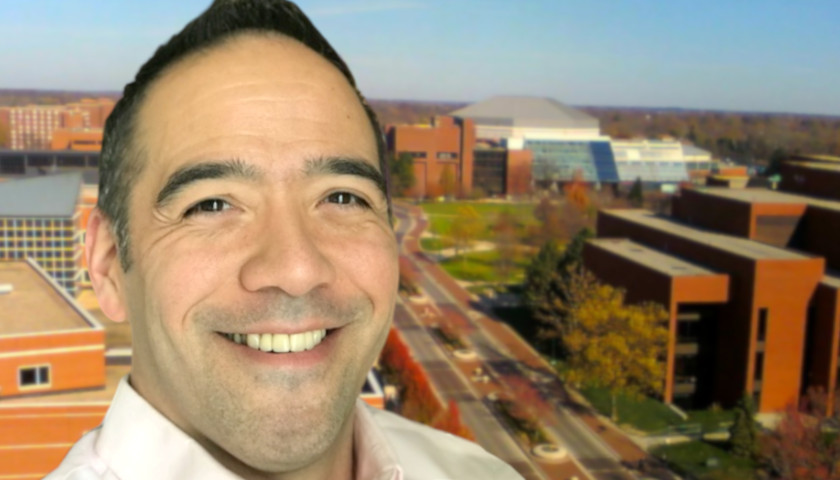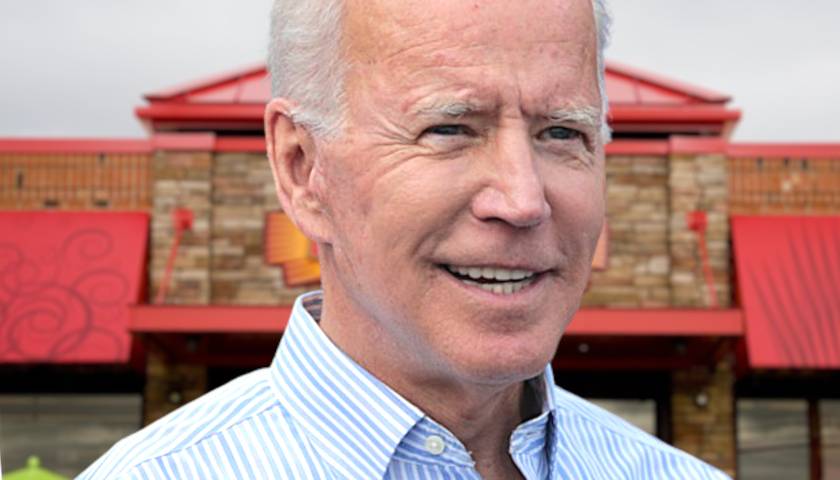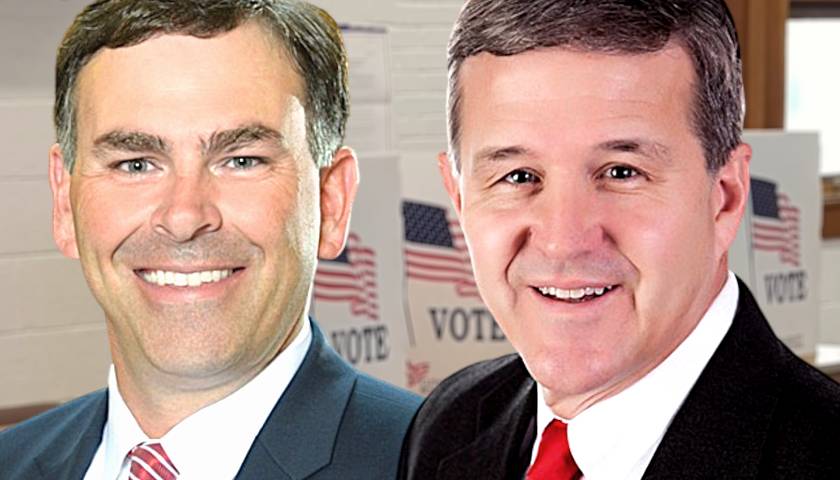by Evan Weaver
MUNCIE, Ind. — Ball State University recently hosted a presentation to “engage with the question of how English language practices in college classrooms contribute to white supremacy.”
“Freeing Our Minds and Innovating Our Pedagogy from White Language Supremacy” was the title of the 75-minute guest lecture given on October 14 by Asao Inoue, a professor and the associate dean of the College of Integrative Sciences and Arts at Arizona State University.
“We are all implicated in white supremacy,” Inoue said during his presentation, co-hosted by Ball State’s English department, university writing program, and Office of Inclusive Excellence.
“This is because white supremacist systems like all systems reproduce themselves as a matter of course,” he said. “This includes reproduction of dominant, white, middle-class, monolingual standards for literacy and communication.”
White language supremacy, according to Inoue, is “the condition in classrooms, schools, and society where rewards are given in determined ways to people who can most easily reach them, because those people have more access to the preferred and embodied white language practices, and part of that access is a structural assumption that what is reachable at a given moment for the normative, white, monolingual English user is reachable for all.”
“Your school can be racist and produce racist outcomes,” Inoue said. “Even with expressed values and commitments to anti-racism and social justice.”
In one of his slides, Inoue states that “grading is a great way to protect the white property of literacy in schools and maintain the white supremacist status quo without ever being white supremacist or mentioning race.”
Another slide dealt with possible objections to his theory (shown above).
As previously reported by The College Fix, Inoue is known for advocating that students should be graded based on the “labor” they put into their work, not the “quality” of the finished product.
“We must rethink how we assess writing, if we want to address the racism,” Inoue wrote in his 2015 book “Antiracist Writing Assessment Ecologies: Teaching and Assessing Writing for a Socially Just Future.”
In another paper, “A Grade-less Writing Course that Focuses on Labor and Assessing,” Inoue argued that writing teachers should “calculate course grades by labor completed and dispense almost completely with judgments of quality when producing course grades.”
Unlearning White Language Supremacy. A Podcast interview I did recently with my new friend, @minfucious . I had a great time talking. Thank you for your work.https://t.co/0Z7oVoNVDS
— Asao B. Inoue 🦄 (@AsaoBInoue) September 26, 2019
During his presentation at Ball State University, Inoue said that in order to succeed in even the most liberal and forward-thinking institutions of higher education today, a person of color has to act, think and sound white to some degree.
Inoue’s call to action was for students to consider the language they use and question how what they do in college is another version of what he described as society’s long-standing inherited, structured, normalized, eugenic, and white-supremacist project.
“How do we innovate ourselves out of this historical racist project so that we are engineering together, a bigger, more diverse, more equitable braver, more beneficent, tomorrow?” Inoue asked the audience.
Inoue’s presentation, which included a question and answer session, was in front of a packed crowd. Some students attended as part of a class assignment.
“We have to take field notes for ENG 220: Language and Society, where we relate what we are talking about in class to real life examples, and that talk was one of them,” Hannah Sullivan, one of those students, told The College Fix.
Sullivan said she agreed with what Inoue said about grading in terms of motivating students.
“Grades within themselves often take away from the learning process as the focus becomes more about memorization of information rather than learning and exploring the information,” Sullivan said.
– – –
Evan Weaver is a junior at Ball State University in Indiana. He is double majoring in news journalism and telecommunications and minoring in sports studies. He covers news and sports for the Ball State Daily News student newspaper and is press secretary for his campus Students for Life chapter. He is also a member of Cardinal Catholic. In his free time, Evan enjoys riding his bike, spending time with his family, and browsing the news.
Photo “Asao Inoue” by Ball State University. Background Photo “Ball State University” by dayne baughman. CC BY-SA 3.0.





